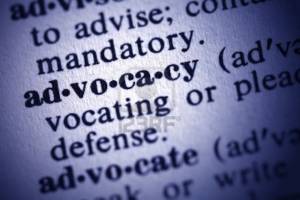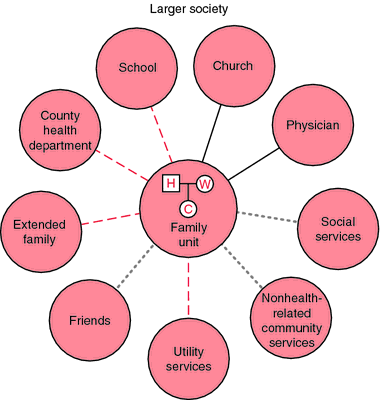We live in a democracy, and it takes a certain amount of citizen participation to make any democracy work. I have decided to write a series on advocacy because many people do not become aware of issues until after the decision is made. Laws become passed and then affect lives before many people ever notice.
 Staying active on policy issues may be a chore for many, however, we live in a society where decisions are made by those that speak up.
Staying active on policy issues may be a chore for many, however, we live in a society where decisions are made by those that speak up.
There are many ways to stay current on issues in your area. You can register to the newsletters of those that represent you, find bills on the NCGA website, or “call to action” sites like Progress NC.
While calls to action are crucial, direct contact to your legislators are more important. Be strategic and contact your legislators when they are not in session, they will have more time to talk to you.. There are three main reasons or strategies to contact your legislators.
- To build the relationship
- Provide them with information
- Ask for action.
Politicians are less likely to listen to your call for action if they have never heard from you before, or if people only respond for a call to action like on a lobby day. Lobby days are a great way to get the message out that a lot of people feel strongly about something. However, it can be overwhelming for legislators and if you want them to have a personal response to your issue, it might be more effective to communicate with them when they are not so busy.
Take time to set up a meeting when they are not in Raleigh and in their home district. Schedule a meeting and introduce yourself, let them know you are a constituent, provide them with information that you know about. Developing a personal relationship is the most effective way to influence the legislators’ positions on an issue. Phone calls, faxes, e-mails and letters are all great but are not as effective as face-to-face meeting. They are not experts and many times are so removed from the lives of “everyday people”, that they welcome any perspective or feedback.
Some things to remember…
- Ask for your legislators’ view on an issue. Be kind and don’t react angrily if you don’t get the response you want. Stay calm and be polite always.
- Use the specific bill or legislative action. Give several brief points why your member should support this legislation.
- Research your issue and back to them if you cannot provide information about an issue on the spot.
- Remember to say thank you; and send a thank you note after your visit. This letter helps build a relationship over time with the legislator.
Whatever your preferred method, communication is key for having the society that we want. Next in the series Tactics and Strategy in Advocacy.













